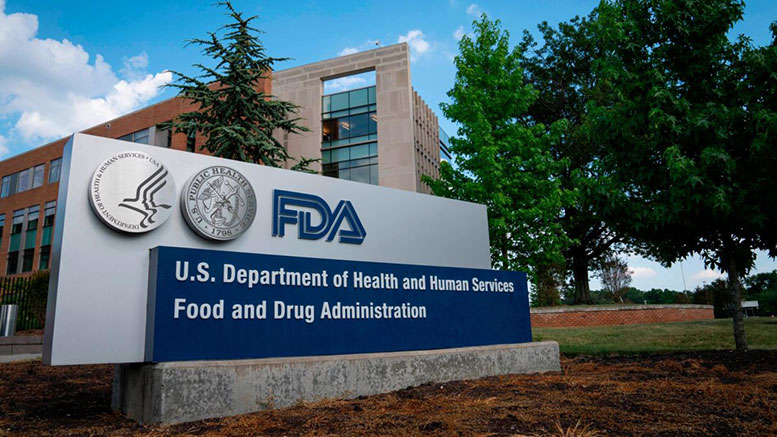CBD may only find a legal path to market through legislation after the Food & Drug Administration (FDA) rejected two food safety applications by a pair of major U.S. sellers.
CBD makers Charlotte’s Web Holdings Inc., Louisville, Colorado, and Irwin Naturals of Los Angeles had their New Dietary Ingredients (NDI) applications rejected by FDA, which cited troubling justification in its reasoning.
First, the agency equated CBD in full-spectrum hemp supplements with concentrated CBD, such as that contained in Epidiolex, the only FDA-approved high-CBD drug. By doing so, the FDA is suggesting such CBD supplements should be available only by prescription.
The two companies had hoped their applications would help to establish CBD as a lawful dietary supplement. But FDA leaned on the “exclusionary clause” in the U.S. Food, Drug & Cosmetic Act, which prohibits supplements from containing pharmaceutical ingredients.
‘We disagree’
“CBD is the active ingredient in the approved drug product, Epidiolex. Furthermore, the existence of substantial clinical investigations involving CBD has been made public,” Cara Welch, acting director of the FDA’s Office of Dietary Supplement Programs, wrote in a letter to Charlotte’s Web. “Accordingly, your product may not be marketed as or in a dietary supplement.”
Charlotte’s Web Chief Executive Officer Deanie Elsner said in a statement: “While we disagree with FDA’s reasoning, believing we provided extensive and credible scientific evidence that supported a different outcome, this decision affirms the path to regulatory clarity must come from Congress.”
And in an 8-page response to the FDA, Charlotte’s Web pointed out differences between its full-spectrum extract and pharmaceutical CBD, an isolate that doesn’t contain other cannabinoids.
Legislation needed
With the NDI approval process apparently putting the sector in danger, stakeholders now say that Congress should be called on to pass legislation clarifying CBD’s legal status.
The development puts into sharper focus a recently introduced bill that would make hemp-derived CBD legal as an ingredient in dietary supplements, foods and beverages. Proposed by three U.S. Senators, the Hemp Access and Consumer Safety Act would direct the FDA to update its rules accordingly.
In the absence of federal regulations, CBD makers and consumers have been faced with inconsistent rules – or no rules at all – in individual states, creating problems for legitimate CBD vendors and endangering public health. The proposed Hemp Access act would address those weaknesses, and force the FDA to clear a path for legal over-the-counter CBD.
With the FDA refusing to acknowledge that there is a dosage at which CBD can be considered safe, “This does not bode well for those who say FDA should be setting the levels,” Steve Mister, President and CEO at the Council for Responsible Nutrition, told NewHope.com.
Insufficient data
FDA also cited insufficient data about CBD safety and efficacy in turning back the applications from Charlotte’s Web and Irwin Naturals. But despite being a “science-led agency,” FDA, characteristically slow to move, has done little to help fill in the knowledge gaps between the risks and benefits of using CBD and other cannabinoids.
FDA is authorized to run clinical trials on human foods, drugs, dietary supplements, food additives, cosmetics, animal foods and tobacco products, but the agency has failed to incentivize CBD studies; nor has the FDA invested in internal CBD research.
The jurisdiction of hemp-derived products in the U.S. moved from the Drug Enforcement Administration to the Department of Agriculture with passage of the 2018 Farm Bill, which removed industrial hemp from Schedule 1 of the Controlled Substances Act. FDA meanwhile asserted its authority to regulate products derived from cannabis, including hemp-derived CBD, food, cosmetics and pharmaceuticals.
Depending on Congress
But with the agency slow to move, stakeholders are now taking the position that legislation such as the Hemp Access and Consumer Safety Act is the only way to establish a rational marketplace.
“We have been working with FDA to develop a clear and strong regulatory framework for full-spectrum hemp products that protect consumers while offering them access to these important products,” Tim Orr, Senior Vice President at Charlotte’s Web, wrote in his company’s response to the FDA ruling. “We are, however, puzzled about how the agency intends to move forward to develop this framework.”

